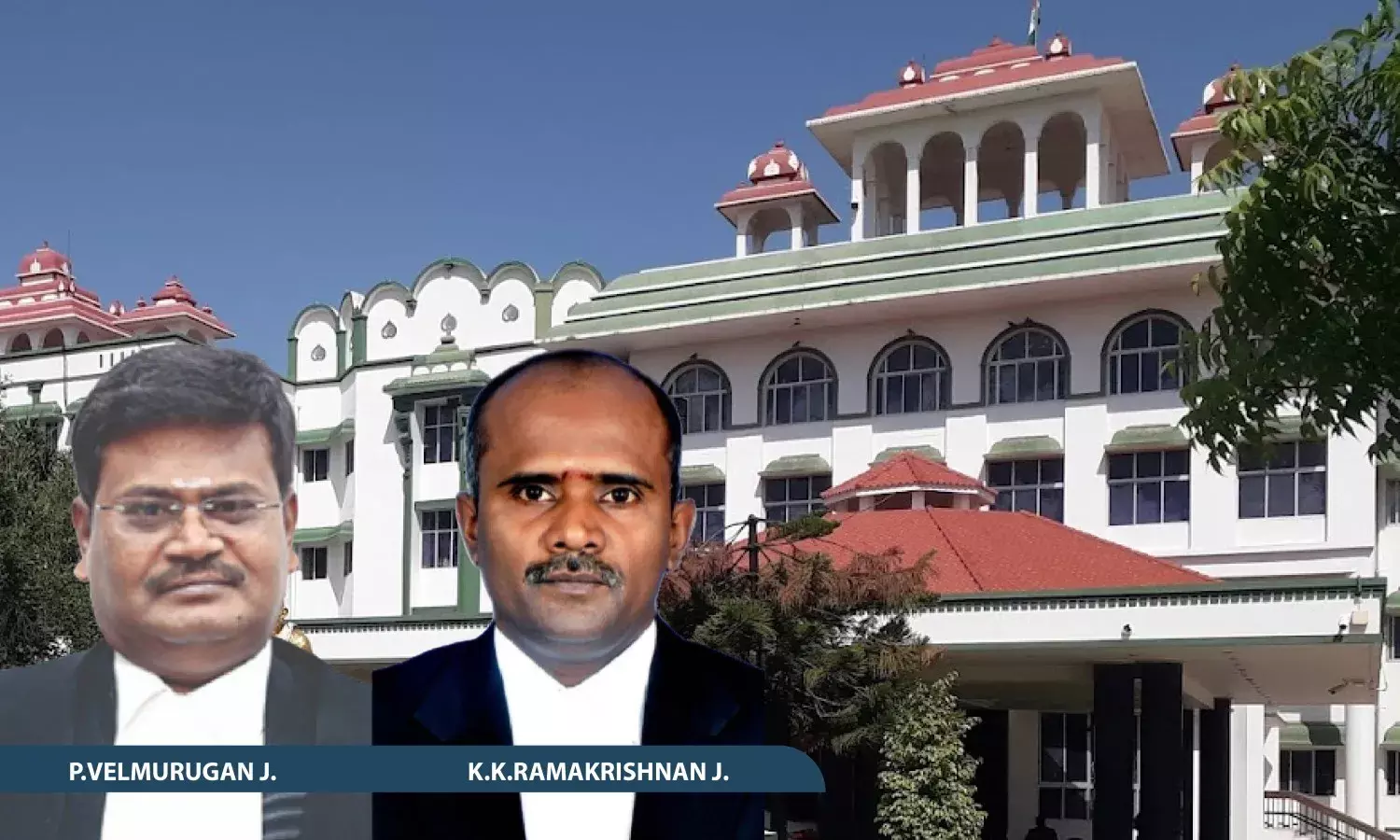Medical Evidence Clearly Proves Illegal Intimacy: Madras HC Grants Divorce To Man Based On DNA Test Result Of Child
The Madras High Court has granted divorce to a man after he was able to prove adultery by producing a DNA test result of his child which stated that he is not the father of the child, even though he did not implead the adulterer as he did not know the identity of the person.
The High Court allowed the appeal filed by the husband against the Family Court's judgement whereby divorce was denied on the grounds of adultery and cruelty.
The Division Bench of Justice P. Velmurugan Justice KK Ramakrishnan held,"....the appellant, child and respondent were subjected to DNA test and DNA test would reveal that the appellant was not the biological father of the child born to the respondent. Though the Family Court admitted and observed the same, however, in the interest of the child, the Family Court refused to grant divorce. Once the appellant proves that the child born to the respondent was not that of the appellant and DNA test also prove that the appellant is not the biological father of the child and there is no other option except to grant divorce."
Advocate M. Mohamed Ibram Saibu represented the appellant while Advocate M.Thirunavukkarasu represented the respondent.
The husband filed a petition for divorce under Sections 10(1)(i)(x) and 11(b) of the Indian Divorce Act on the ground of adultery and cruelty. According to him, his wife left the matrimonial home soon after marriage and was brought back after a few years. Later, she informed him about her pregnancy and delivered a male child. Thereafter, the sister of the wife informed the husband that the wife admitted to having sexual relations with another man when she was living with her parents at Kerala.
The Family Court dismissed the Petition for divorce filed by the husband. Aggrieved, the husband filed the present Appeal.
The Counsel for the husband argued that the name and particulars of the adulterer are absent from the petition as the same were not revealed by the respondent to her sister. He further contended that the appellant, child and respondent were subjected to DNA test which revealed that the husband was not the biological father of the child. He relied on the decision of the Supreme Court in the matter of Nandlal Wasudeo Badwaik vs. Lata Nandlal Badwaik & Anr. (2014), wherein, the Apex Court held that the report of DNA test is a conclusive one.
On behalf of the wife, it was argued that the husband has not given the name and particulars of the adulterer and has not impleaded the adulterer as co-respondent and therefore, the petition filed by the appellant for divorce is not maintainable.
"Therefore, even though the marriage is admitted and there is no direct physical evidence for adultery, but however the expert’s opinion and medical evidence clearly prove that after the marriage, the respondent had illegal intimacy with an other man", the Court held.
It was thus of the opinion that once the husband proved that the wife was leading an adulterous life, he is entitled to get divorce on that ground. It further observed that since the DNA report remains unchallenged, mere access between the husband and wife will not be helpful and Section 112 of the Indian Divorce Act is not applicable to the present case on hand.
"Under the above said circumstances, mere non impleading of adulterer as co-respondent is not fatal to the case of the appellant", the court stated while setting aside the impugned Family Court judgement as perverse.
The appeal was accordingly allowed.
Appearance:
Appellant: Advocate M.Mohamed Ibram Saibu
Respondent: Advocate M.Thirunavukkarasu
Click here to read/download Judgement












